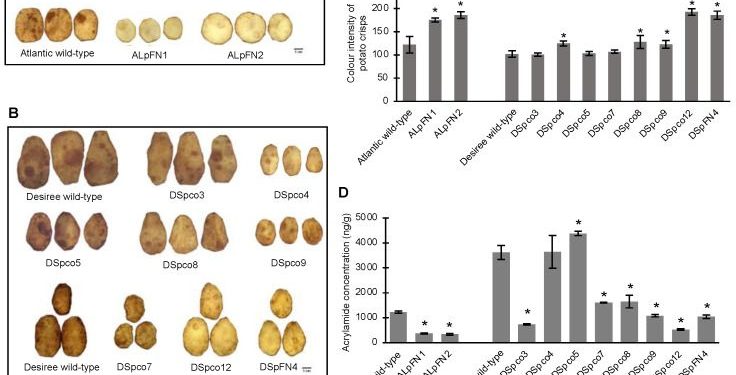Potatoes, the third most important crop after rice and wheat, play an important role in ensuring food security for millions of people in Latin America, Africa and Asia. The 2023 study, “Combined CRISPR-Cas9 Gene Editing Method Can Create Potato Varieties with Reduced Propensity for Wetting and Acrylamide Formation,” continues this work, highlighting the potential of CRISPR technology to combat food loss.
Basic moments:
The study confirms the effectiveness of the CRISPR method in reducing potato spoilage, a major concern for both farmers and consumers.
It complements previous research showing improved wetting tolerance of genetically engineered potato varieties.
Regulatory aspects are also covered in detail, facilitating the wider use of genetically modified potato varieties produced using the CRISPR method.
Moving forward, CRISPR technology continues to be a source of hope in improving food security and reducing agricultural waste.
This research breaks new ground in gene editing of potatoes by providing resistant and safe varieties that can cope with problems associated with spoilage and wetting. Using the CRISPR-Cas9 method, scientists have been able to develop innovative approaches to improve the quality and safety of potatoes, which is of great importance for ensuring food security around the world.
This important discovery in potato gene editing could have long-term implications for the agriculture and food industries. CRISPR technology offers new opportunities to create sustainable and efficient potato varieties, which will help combat food loss and provide vital food for millions of people around the world.
Overall, this study confirms the significance of CRISPR-Cas9 gene editing technology in improving potato productivity and quality, as well as in combating food problems. This breakthrough research opens new perspectives for agriculture and food security, and its results could have a huge impact on the global food industry.





